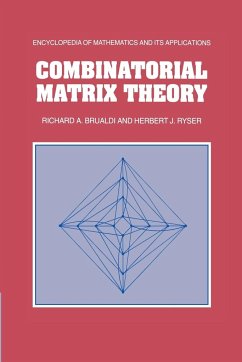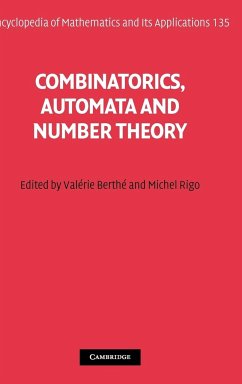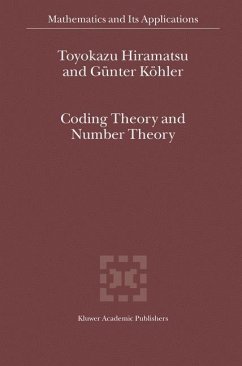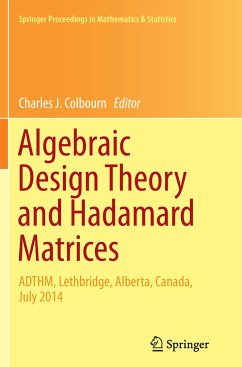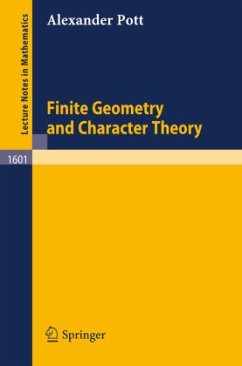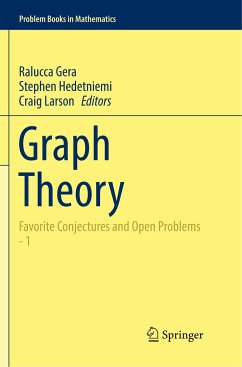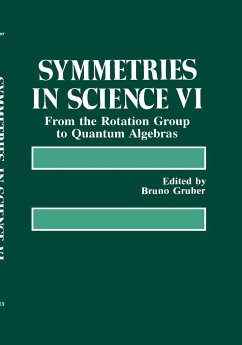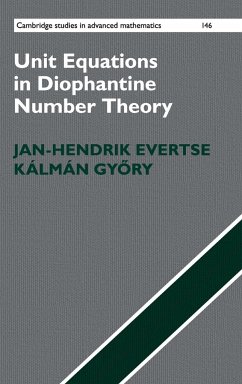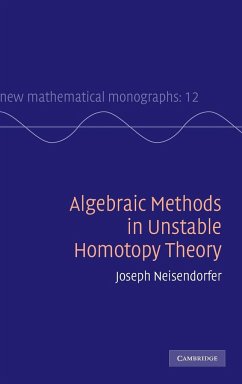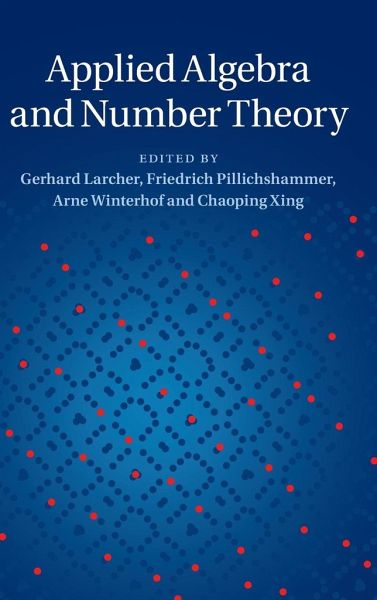
Applied Algebra and Number Theory
Versandkostenfrei!
Versandfertig in 1-2 Wochen
150,99 €
inkl. MwSt.
Weitere Ausgaben:

PAYBACK Punkte
75 °P sammeln!
Harald Niederreiter's pioneering research in the field of applied algebra and number theory has led to important and substantial breakthroughs in many areas. This collection of survey articles has been authored by close colleagues and leading experts to mark the occasion of his 70th birthday. The book provides a modern overview of different research areas, covering uniform distribution and quasi-Monte Carlo methods as well as finite fields and their applications, in particular, cryptography and pseudorandom number generation. Many results are published here for the first time. The book serves ...
Harald Niederreiter's pioneering research in the field of applied algebra and number theory has led to important and substantial breakthroughs in many areas. This collection of survey articles has been authored by close colleagues and leading experts to mark the occasion of his 70th birthday. The book provides a modern overview of different research areas, covering uniform distribution and quasi-Monte Carlo methods as well as finite fields and their applications, in particular, cryptography and pseudorandom number generation. Many results are published here for the first time. The book serves as a useful starting point for graduate students new to these areas or as a refresher for researchers wanting to follow recent trends.





